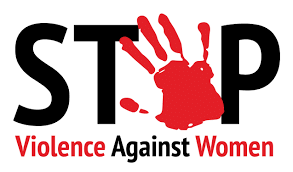|
Preventing and responding to violence against women is a human rights, gender equality and public health priority. In every country and culture, more action is needed to ensure women in all their diversity live a life free of violence and coercion. We know that among the brutal consequences of the pandemic is the upsurge of gender-based violence – lock downs trapped women indoors with their abusers. Those same lock downs caused spikes in online use, and with it digital violence. It takes on many nefarious forms: non-consensual sharing of intimate images, cyber stalking, online trafficking, sexual harassment and exploitation, hate speech and doxxing (unauthorized publishing of personal information such as addresses and telephone numbers).
The virtual world can feel like a lonely, lawless place, for women and girls in particular. According to a UN report, when women and girls have access to the Internet, they face more online violence than men do. No one is immune, from politicians, journalists and entertainers to girls as young as eight years old. Preventing and responding to violence against women is a human rights, gender equality and public health priority. In every country and culture, more action is needed to ensure women in all their diversity live a life free of violence and coercion. Health workers are often the first professionals that women may disclose violence to, and the health sector has a critical role to play. This International Day for the Elimination of Violence Against Women, followed by the 16 Days of Activism against Gender-Based Violence, WHO is strengthening our commitments to address violence against women, including those made as co-lead of the Generation Equality Forum Action Coalition on Gender-Based Violence, by doing the following:
Source: WHO
0 Comments
Leave a Reply. |
